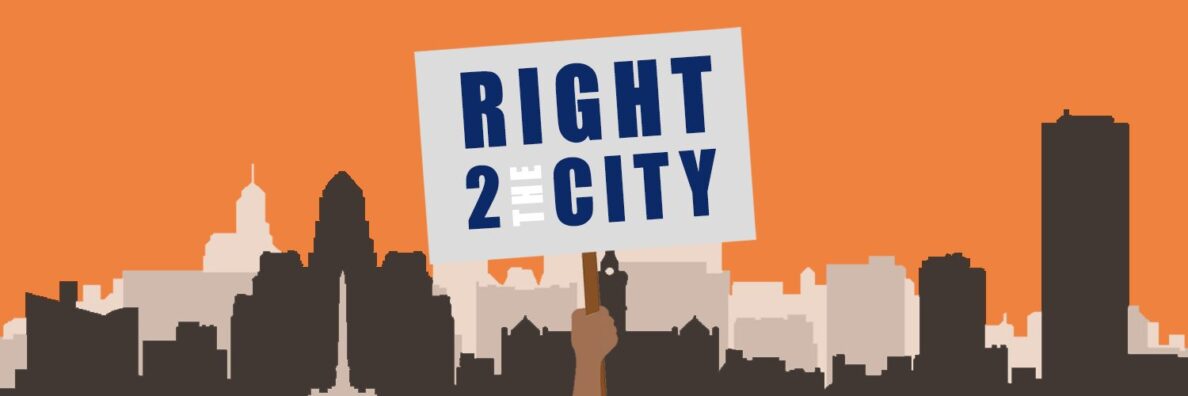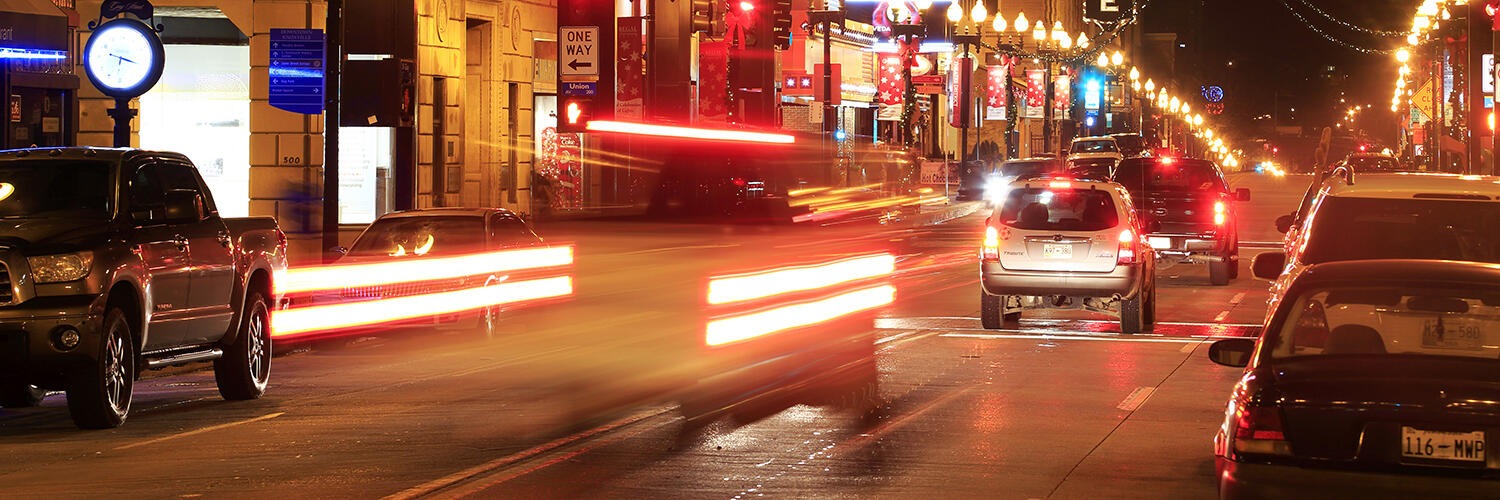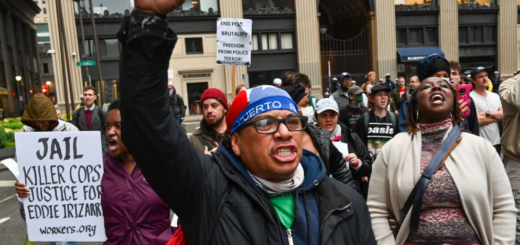The Unknown History of Black Uprisings
Author Profile
Latest entries
 Labor Rights10/18/2024How Trump’s Impact On Labor Rights Could Be ‘Potentially Catastrophic’
Labor Rights10/18/2024How Trump’s Impact On Labor Rights Could Be ‘Potentially Catastrophic’ Political Elections10/17/2024Trump’s Big Lie Attorneys Are Back
Political Elections10/17/2024Trump’s Big Lie Attorneys Are Back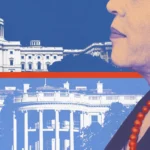 Political Elections10/16/2024Behind the Curtain — Election scenario 2: Harris sweep
Political Elections10/16/2024Behind the Curtain — Election scenario 2: Harris sweep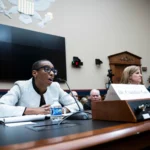 Health Disparities10/15/2024Racism was called a health threat. Then came the DEI backlash.
Health Disparities10/15/2024Racism was called a health threat. Then came the DEI backlash.
